Scientists convert waste coffee husks into cellulose fibers and films with potential applications in textiles and biodegradable products.
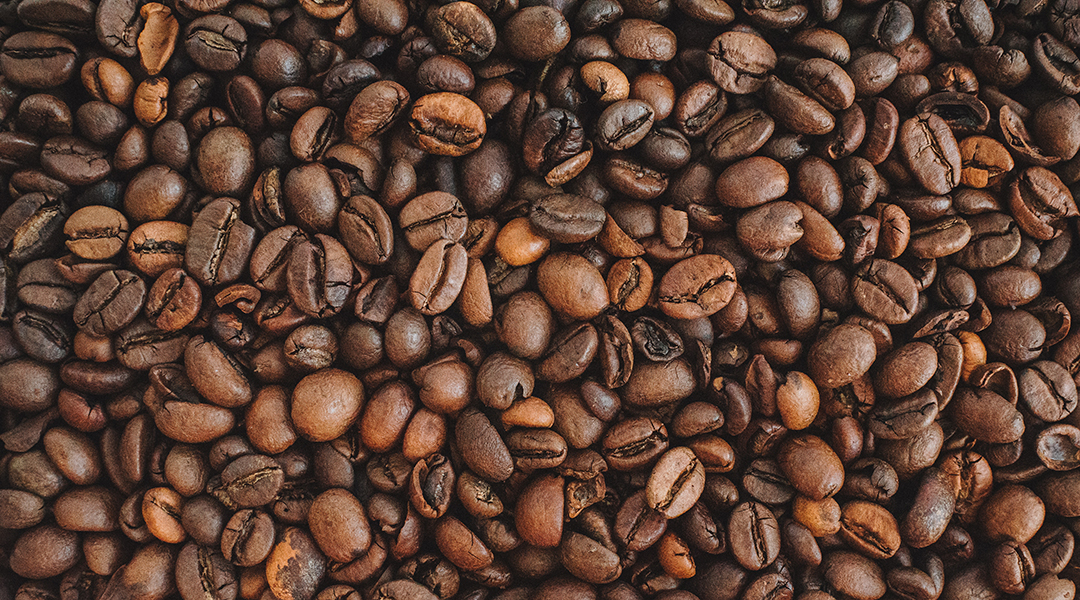

Scientists convert waste coffee husks into cellulose fibers and films with potential applications in textiles and biodegradable products.
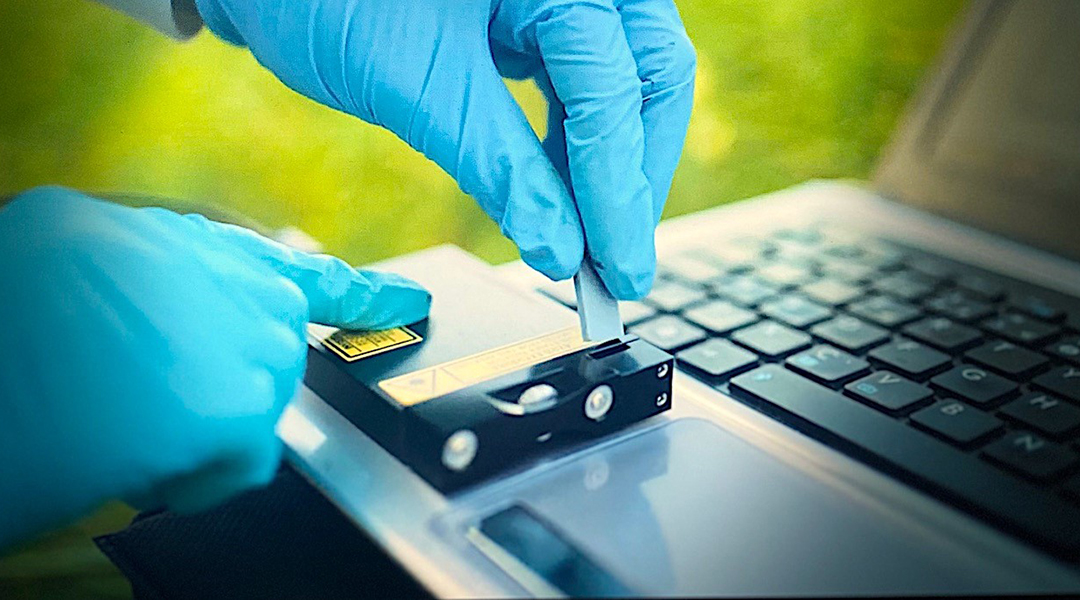
3D-printed sensor detects low concentrations of pesticides, offering a cost-effective and portable solution for water monitoring.
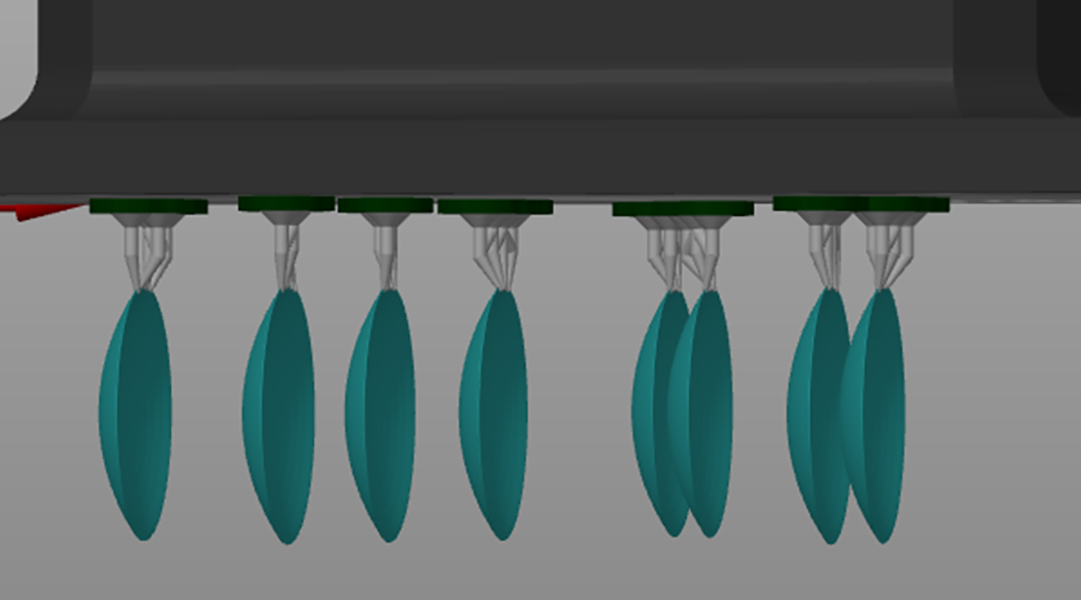
Scientists used 3D printing and an inexpensive ink to make colored contact lenses that could improve color distinction in color-blind people.

Even light blows from heading a soccer ball can contribute to long term brain injury, highlighting the need for collecting precise data.
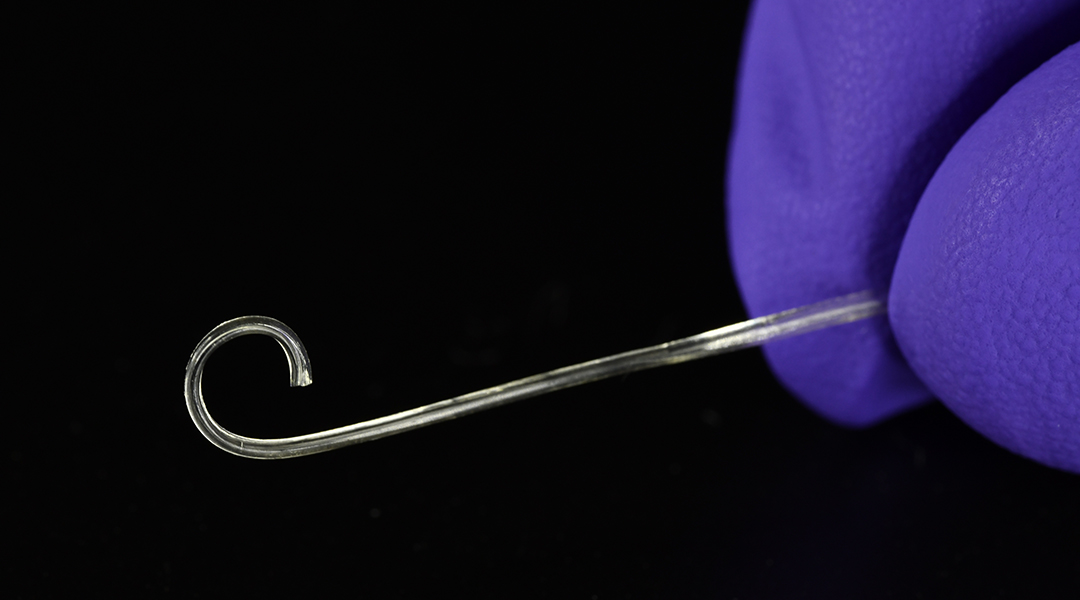
A shape-shifting polymer allows scientists to create a safer implantable device that results in less trauma upon insertion.
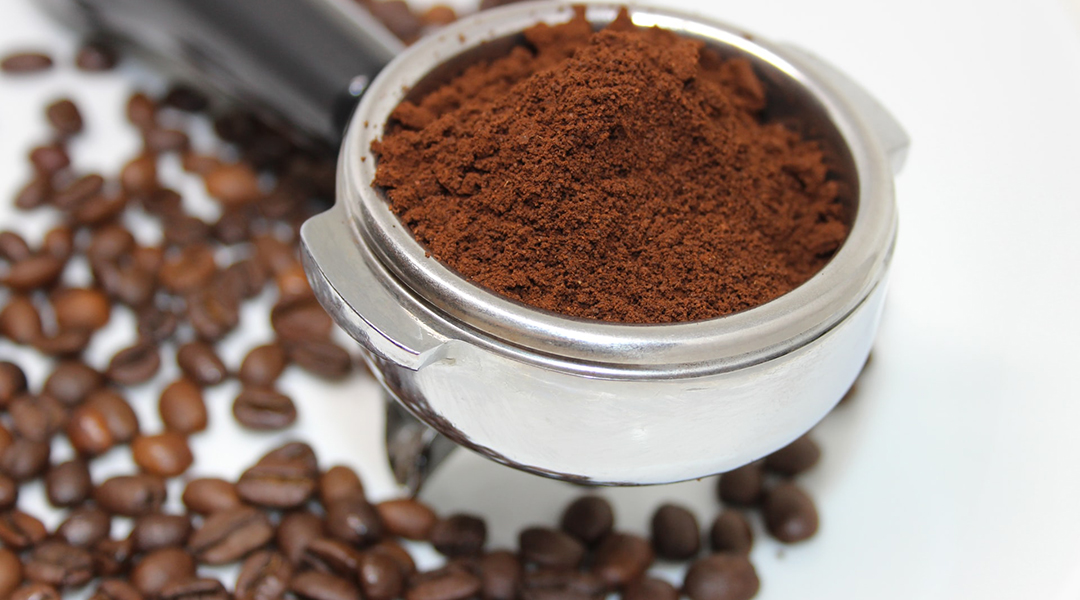
Chemists improve the properties of bio-based resins using spent coffee grounds as a key ingredient.

By simplifying the production steps needed to treat surfaces with antibacterial films, scientists hope they can become more widely adopted in clinical settings and beyond.

Scientists have developed a polymer-coated glass that can change from transparent to opaque when exposed to sunlight and heat.
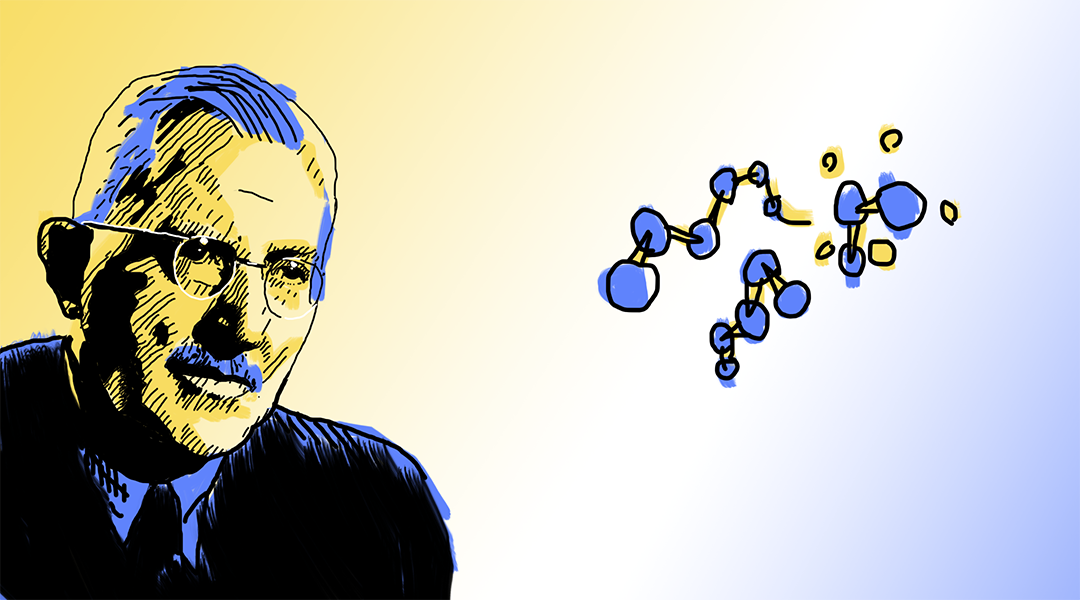
A century on from his groundbreaking paper on polymerization, Advanced Science News takes a look at the life and work of Nobel Laureate, Hermann Staudinger.
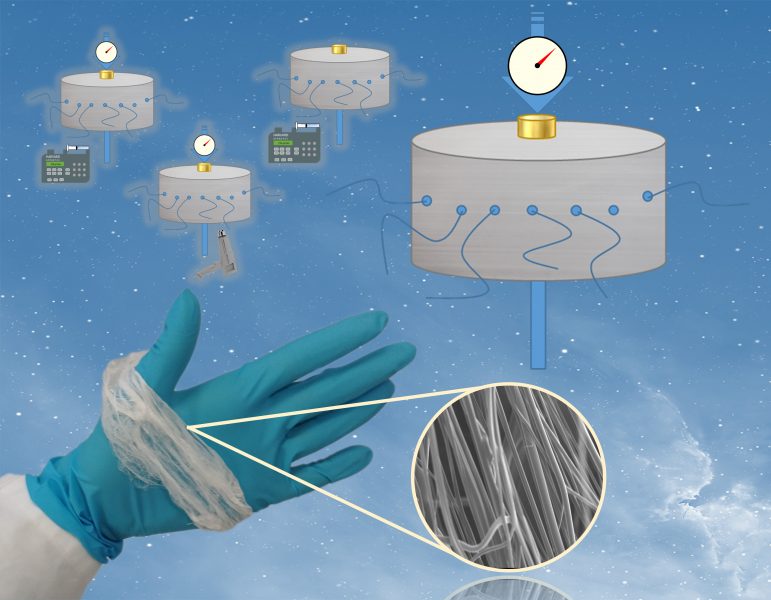
Pressurized gyration is a simple and scalable fiber forming method, find out more about its maturation 5 years after its conception.